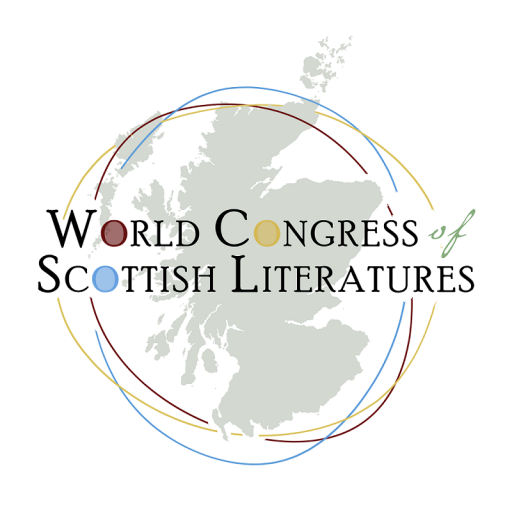Scottish-Australian Transnational Agency in the Feminist Utopia of Handfasted by Catherine Helen Spence
Catherine Helen Spence (1825-1910) was born in Melrose, in the Scottish Borders. When she was 13, the family moved to Australia, but she retained her Scots ‘burr’, and her clarity was frequently remarked on when she addressed audiences across Australia, America and Britain. Spence was a novelist, journalist, a leader in the international suffragist movement, a Georgist, and a proponent of proportional representation. She was a public intellectual, and a social reformer who was widely respected, and whose life is commemorated in Australian currency and place names. In Scotland, a plaque marks Spence’s former home in Melrose.
Spence’s eight novels have been compared with those of Eliot and Gaskell. Fiona Giles locates Spence’s work in the development of European realist fiction, and in the international tradition of feminist writing. The body of literary critique and biographical record has grown on Spence in recent years, enabling alternative discourses of settler women writers as cultural agents in Australian foundational history.
This paper considers Spence’s transnational Scots-Australian agency reflected in her novel, Handfasted, about a Scottish feminist utopia, discovered in social isolation, 100 years after the ’45, by an Australian traveller.
Gillian Beattie-Smith, The Open University in Scotland
